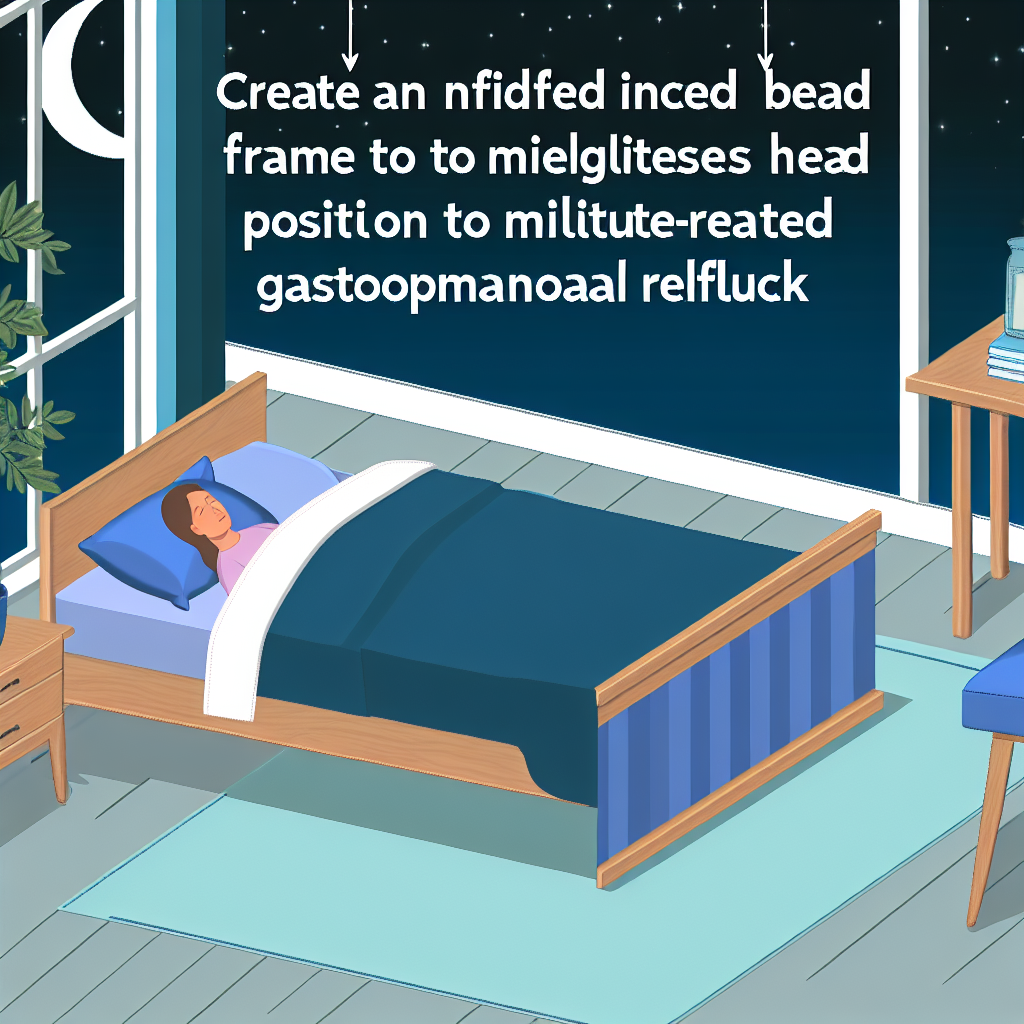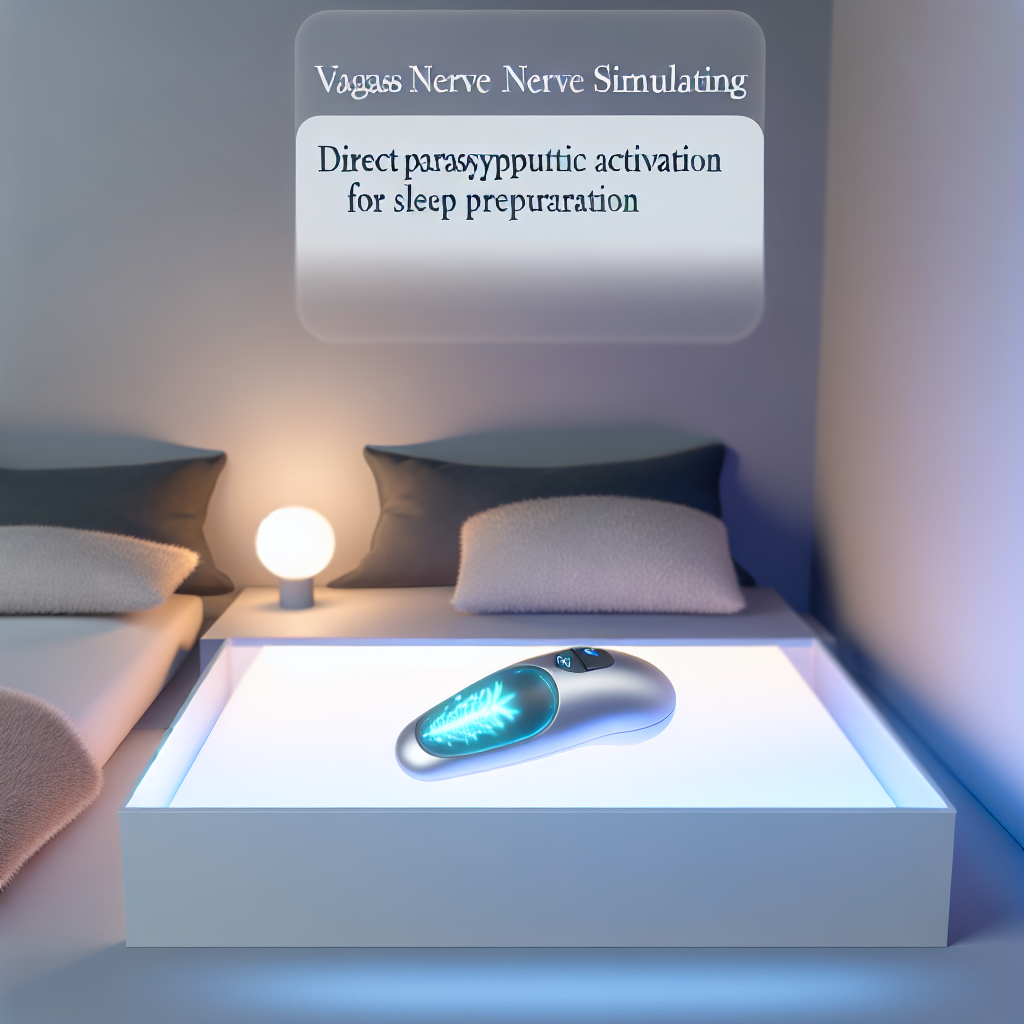Sleep-Related Gastroesophageal Reflux: Incline Bed Frame Modifications That Actually Work
What Is Sleep-Related GERD and Why Does It Affect Your Nights?
Gastroesophageal reflux disease (GERD) is a chronic digestive disorder that affects millions worldwide. One of its more disruptive forms is sleep-related gastroesophageal reflux (GER), where the contents of the stomach flow back into the esophagus during sleep. This nocturnal reflux can result in symptoms such as heartburn, chronic coughing, disrupted sleep, chest pain, and even asthma-like symptoms.
For many individuals, GER symptoms worsen at night while lying flat, because gravity no longer helps keep the stomach contents in the stomach. This can lead to poor sleep quality and broader health implications, including increased risk for cardiovascular issues, metabolic dysfunction, and weakened immunity due to interrupted sleep cycles.
Incline Sleeping: A Natural Way to Fight Nighttime Reflux
As sleep health becomes a priority for overall wellness, more medical experts are turning toward safe, non-pharmacological solutions—such as incline bed frame modifications—to reduce GER during the night.
Elevating the head of the bed by 6 to 8 inches allows gravity to prevent stomach acid from flowing back into the esophagus. Unlike using multiple pillows—which can cause spinal misalignment and inconsistent elevation—adjusting the whole bed frame ensures the upper body is lifted evenly, thus improving both comfort and effectiveness.
Inclined sleeping has gained attention not only for GER but also for other health conditions such as obstructive sleep apnea, spinal discomfort, and post-operative recovery. For GER sufferers, elevation is particularly helpful, as it limits symptom flare-ups caused by a weak lower esophageal sphincter, delayed stomach emptying, or hiatal hernia.
Why It Works: Medical Evidence Supporting Incline Bed Modifications
### Backed by Clinical Research
Multiple clinical studies have confirmed that elevating the head of the bed significantly reduces nighttime acid reflux. A notable randomized controlled trial in the Journal of Gastroenterology and Hepatology found that a 6-inch elevation led to a dramatic reduction in nighttime reflux symptoms and acid exposure in adults with GERD.
Another study published in The American Journal of Gastroenterology discovered that patients who elevated their beds experienced fewer symptoms than those relying solely on medications like proton pump inhibitors (PPIs). These patients also reported better quality of sleep, fewer side effects, and reduced dependence on antacids and PPIs, which are often associated with long-term complications such as nutrient malabsorption and renal issues.
### Medical Support from Trusted Institutions
The American College of Gastroenterology (ACG) includes bed head elevation as a key lifestyle treatment for nighttime GERD. Medical experts insist this strategy is most effective when the entire upper body is elevated—not just the head—avoiding added intra-abdominal pressure that can occur with stacked pillows.
Safe for Kids and Adults Alike—But Customize With Care
Although more common in adults, GER and sleep disturbances are concerns for children and adolescents as well. Incline sleeping under a pediatrician’s supervision can help reduce nighttime coughing, wheezing, and frequent awakenings in infants and toddlers.
According to the Global Pediatric Health Journal, safe inclined positioning can be an important aspect of managing GERD in children. However, parents should always follow pediatric guidelines to ensure safe sleep practices, especially for infants.
How to Modify Your Bed for Inclined Sleeping—DIY and Tech-Savvy Options
### Low-Cost DIY Elevation Methods
You don’t need to invest in expensive medical beds. A simple DIY method is to place sturdy blocks or risers under the legs at the head of your bed. Aim for a 6- to 8-inch elevation range for optimal results. Be sure to use safe, stable materials to prevent wobbling or accidents.
### Advanced Options for Targeted Relief
If you prefer more flexibility or suffer from multiple conditions like GERD and obstructive sleep apnea, modern smart beds and adjustable bases are excellent options. These allow for precision in elevation and provide dual benefits for those with overlapping conditions. Some smart beds even track sleep and adjust elevation automatically to reduce reflux and snoring based on body movements and breathing rhythms.
Why Inclined Sleeping Is a Game-Changer
Incline bed frame modifications offer a simple, effective, and medically recommended solution for managing nighttime GER. By adopting this physical solution, individuals can reduce or eliminate the need for medications and avoid their long-term side effects.
Best of all, inclined sleeping doesn’t just benefit GER patients. It also improves comfort and sleep quality in individuals with issues such as sleep apnea, chronic cough, post-surgical discomfort, and even pregnancy-related reflux. Whether you’re a parent seeking relief for your child, an adult battling nightly heartburn, or someone looking for holistic sleep solutions, this technique may be just what you need.
Final Thoughts: Elevate More Than Just Your Sleep
Incline sleeping is more than a lifestyle tweak—it’s an evidence-based, non-invasive intervention for better health. With a simple bed frame adjustment, you can sleep deeper, breathe easier, and wake more refreshed. Supported by clinical research and endorsed by major gastroenterology organizations, this sleep strategy is a must-consider for anyone experiencing nighttime reflux.
Give gravity a chance—elevate your sleep and improve your nights.
**Summary:**
Incline bed frame modifications offer a simple, effective, and medically recommended solution for managing nighttime gastroesophageal reflux disease (GERD). By elevating the head of the bed, gravity can prevent stomach acid from flowing back into the esophagus, reducing symptoms like heartburn, chronic coughing, and disrupted sleep. Inclined sleeping is backed by clinical research, endorsed by major medical institutions, and can benefit not just GERD sufferers but also those with sleep apnea, chronic pain, and other conditions. With DIY and advanced smart bed options available, incline sleeping is a game-changer for improving overall sleep health and quality of life.
**References:**
– [Journal of Gastroenterology and Hepatology: Effects of Bed Head Elevation During Sleep in Gastroesophageal Reflux Patients](https://onlinelibrary.wiley.com/doi/full/10.1111/jgh.12944)
– [American Journal of Gastroenterology: Head-of-bed elevation in GERD management](https://journals.lww.com/ajg/fulltext/2005/07000)
– [American College of Gastroenterology: GERD Clinical Guidelines](https://gi.org/guidelines/gastroesophageal-reflux-disease/)
– [Global Pediatric Health Journal: Pediatric GERD and Inclined Positioning](https://journals.sagepub.com/doi/full/10.1177/2333794X19857770)
– [Sleep Foundation: Elevation and Sleep Quality for GERD](https://www.sleepfoundation.org/physical-health/gerd-and-sleep)
– [Cleveland Clinic: Lifestyle and Home Remedies for GERD](https://my.clevelandclinic.org/health/diseases/7289-gastroesophageal-reflux-disease-gerd/management-and-treatment)

Dominic E. is a passionate filmmaker navigating the exciting intersection of art and science. By day, he delves into the complexities of the human body as a full-time medical writer, meticulously translating intricate medical concepts into accessible and engaging narratives. By night, he explores the boundless realm of cinematic storytelling, crafting narratives that evoke emotion and challenge perspectives.
Film Student and Full-time Medical Writer for ContentVendor.com




